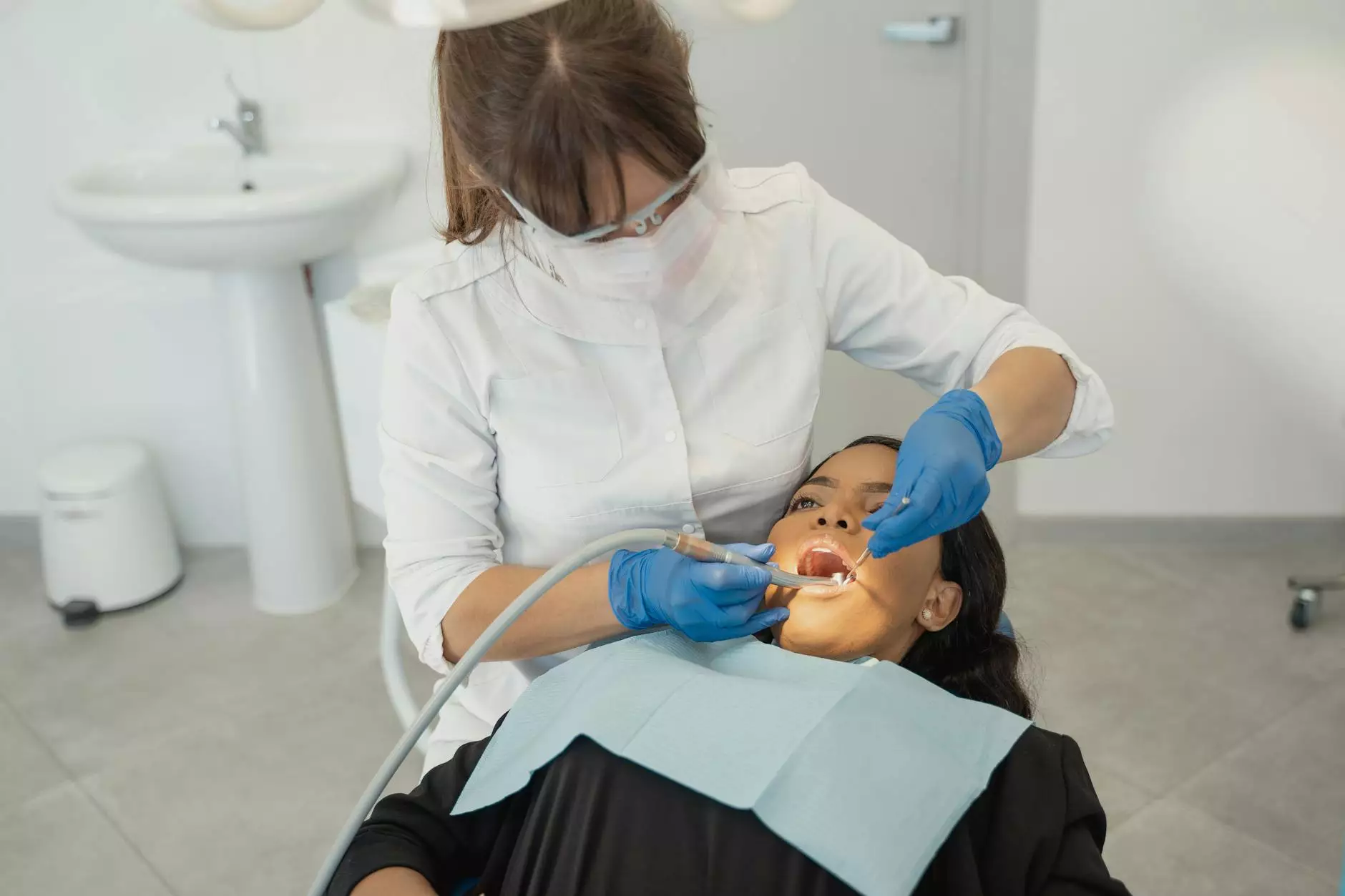Understanding Wisdom Teeth Removal: A Comprehensive Guide

Wisdom teeth, known as the third molars, often become a significant point of concern for individuals in their late teens or early twenties. The decision to get wisdom teeth removed is one that many face, and understanding the process, benefits, and potential risks can help you make an informed choice. In this article, we will dive deep into the reasons for removal, the procedure itself, recovery tips, and how Clear Dental can assist you.
What Are Wisdom Teeth?
Wisdom teeth are the last set of molars to emerge in the back of your mouth. Typically, they appear between the ages of 17 and 25, a time often referred to as the age of wisdom. Although they once served a purpose for our ancestors who relied heavily on grinding down plant tissue, modern diets have made them largely unnecessary. In fact, wisdom teeth can lead to various dental issues, making their removal a common procedure.
Why Should You Get Wisdom Teeth Removed?
There are several compelling reasons to get wisdom teeth removed. Understanding these reasons can alleviate any concerns you may have regarding the procedure.
- Impaction: Wisdom teeth often become impacted, meaning they do not emerge properly from the gums. This can cause pain, swelling, and lead to infections.
- Crowding: As wisdom teeth try to erupt, they can push against neighboring teeth, causing misalignment. This can undo years of orthodontic work.
- Infection and Decay: Partially erupted wisdom teeth are hard to clean, leading to increased risk of cavities and gum disease.
- Cysts and Tumors: In rare cases, impacted wisdom teeth can lead to cysts that may damage bone and teeth surrounding the area.
Signs You Need to Get Wisdom Teeth Removed
Recognizing the signs that you may need to get wisdom teeth removed can prevent more serious complications. Here are some symptoms to watch for:
- Pain: Ongoing pain or discomfort at the back of your mouth can be a clear indicator.
- Swelling: Swelling around the gums or jaw area can signify infection or impaction.
- Difficulties with Oral Hygiene: Struggling to brush and floss effectively in the back of your mouth can lead to decay.
- Headaches: Frequent headaches may result from dental issues related to wisdom teeth.
The Wisdom Teeth Removal Procedure
If you decide to proceed with wisdom teeth removal, it is important to know what to expect during the procedure:
Consultation and Diagnosis
The first step involves a dental consultation where your dentist will conduct an examination and take X-rays to assess the position of your wisdom teeth. This information is crucial for planning the most effective approach to their removal.
Preparation for Surgery
Before the procedure, your dentist will discuss anesthesia options with you. Common options include:
- Local Anesthesia: Numbs the area around the teeth.
- General Anesthesia: Gives you a deeper state of unconsciousness, used for more complex cases.
- IV Sedation: Combines the effects of local anesthesia and a sedative, keeping you relaxed.
The Surgical Procedure
During the procedure, which typically lasts about an hour, your dentist will:
- Administer anesthesia to ensure you are comfortable.
- Make incisions in the gum tissue when the tooth is under the gum line.
- Remove any bone covering the tooth if necessary.
- Extract the wisdom tooth from the jaw.
- Clean the site of the extraction.
- Place stitches if needed.
Aftercare and Recovery
The recovery process is critical to ensure a smooth healing experience. Here are some tips for post-operative care:
- Manage Pain: Use prescribed pain medications as directed to manage discomfort.
- Rest: Allow your body to heal; avoid strenuous activities for a few days.
- Ice the Area: Apply ice packs to your face to reduce swelling.
- Diet Control: Stick to soft foods and avoid using straws to prevent dry socket.
Potential Risks of Wisdom Teeth Removal
While wisdom teeth removal is generally safe, it’s important to be aware of potential risks, which include:
- Infection: Presence of bacteria could lead to postoperative infections.
- Dry Socket: A painful condition where the blood clot fails to develop properly at the extraction site.
- Nerve Damage: Though rare, damage to the nerves can lead to numbness or tingling.
Why Choose Clear Dental for Your Wisdom Teeth Removal
At Clear Dental, we pride ourselves on providing high-quality dental care tailored to your individual needs. Here are a few reasons to choose us for your wisdom teeth removal:
- Experienced Professionals: Our team of dentists is highly trained and experienced in oral surgery.
- State-of-the-Art Facilities: We utilize advanced technology and techniques to ensure a safe and comfortable procedure.
- Comprehensive Care: From the initial consultation to postoperative follow-up, we are with you every step of the way.
- Patient-Centered Approach: Your comfort and satisfaction are our top priorities.
Conclusion
Deciding to get wisdom teeth removed can be a daunting choice, but understanding the reasons for removal, the details of the procedure, as well as the importance of aftercare can empower you to make the right decision for your oral health. If you are considering this procedure, don’t hesitate to contact us at Clear Dental. Our dedicated team is here to provide expert advice, address your concerns, and guide you toward a healthier smile.
FAQs
How long does recovery take after getting wisdom teeth removed?
The initial recovery period typically spans 3 to 4 days, but complete healing may take a few weeks.
Is wisdom teeth removal painful?
With anesthesia, you should not feel pain during the procedure, and the discomfort afterward can be managed with medication.
Can I drive home after the procedure?
If you receive general anesthesia or IV sedation, you will need someone to drive you home afterward.









